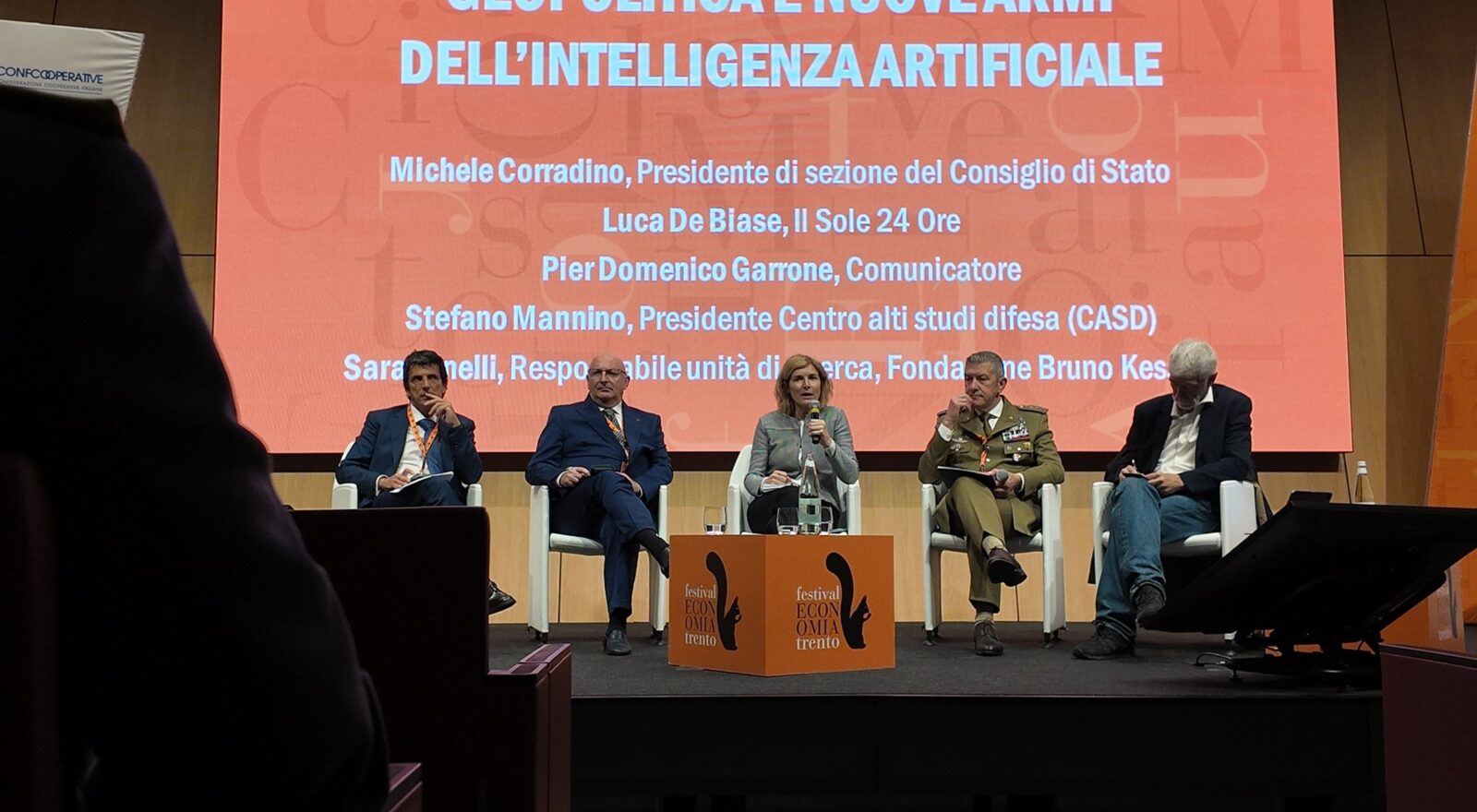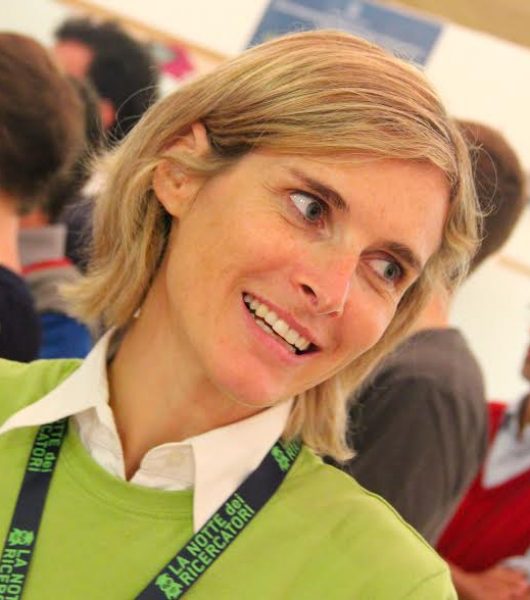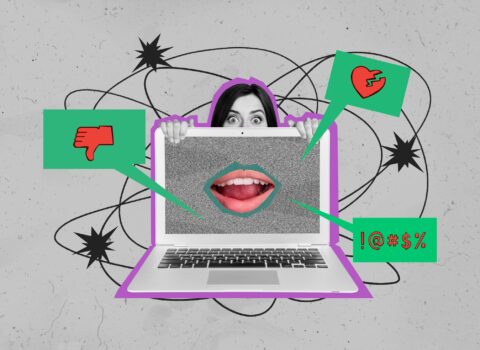
Algorithms and geopolitics
At the Trento 2025 Festival of Economics, the role of AI in the geopolitical contexts between security and disinformation.
In an era marked by profound changes and transformations, the 20th edition of the Trento Festival of Economics, entitled “Fatal Risks and Choices.Europe at the crossroads”, hosted a discussion on the role of artificial intelligence in geopolitics. The panel explored how AI is influencing information and communication dynamics, security models and international balances.
Among the protagonists of the meeting was Sara Tonelli, head of the Digital Humanities unit of FBK’s Digital Society centre, who brought her experience highlighting the role of AI in generating and combating disinformation. In fact, it deals with artificial intelligence applied to the recognition of hate speech and online disinformation, with particular attention also to the ethical aspects and biases of generative AI.
In his speech, he also addressed the issue of the strategic use of automated tools to spread misleading content and false news. He explained how this phenomenon, although not new, has evolved from “bot armies” towards augmented human scenarios, in which individuals skilled in digital dynamics are able to accurately address distorted messages, exploiting the sensitive points of networks to amplify their impact.
At the same time, he highlighted the potential of AI also in the fight against disinformation: tools to detect false content, technologies to prevent attacks and solutions that support the activity of fact-checkers. He also stressed the value of automated systems to create effective counter-narratives against hate and fake news online, thus contributing to the dissemination of knowledge and the strengthening of a more aware information space.
The debate, moderated by Il Sole 24 Ore journalist Luca De Biase, also saw the participation of Stefano Mannino, President of the Centro Alti Studi per la Difesa, who highlighted how online communication actions can guide opinions and collective decisions, making information technologies a strategic component for the prosperity of society.
The contribution of Pier Domenico Garrone, an expert in digital communication, has highlighted the importance of being aware of one’s online identity and how perceptions turn into reputational facts, since reputation represents a real personal infrastructure
To complete the reflection, Michele Corradino, President of the Section of the Council of State, invited questions about who owns artificial intelligence technologies and the data they generate and process, underlining that only from this awareness is it possible to define a solid and forward-looking regulatory framework for their use.
The panel offered a multidisciplinary overview of how artificial intelligence is redefining the rules of contemporary geopolitics, bringing out not only technical but also cultural challenges, in line with the theme of the Festival, which invites us to reflect on the decisive choices for the future of Europe in an often unstable and rapidly changing global context.




